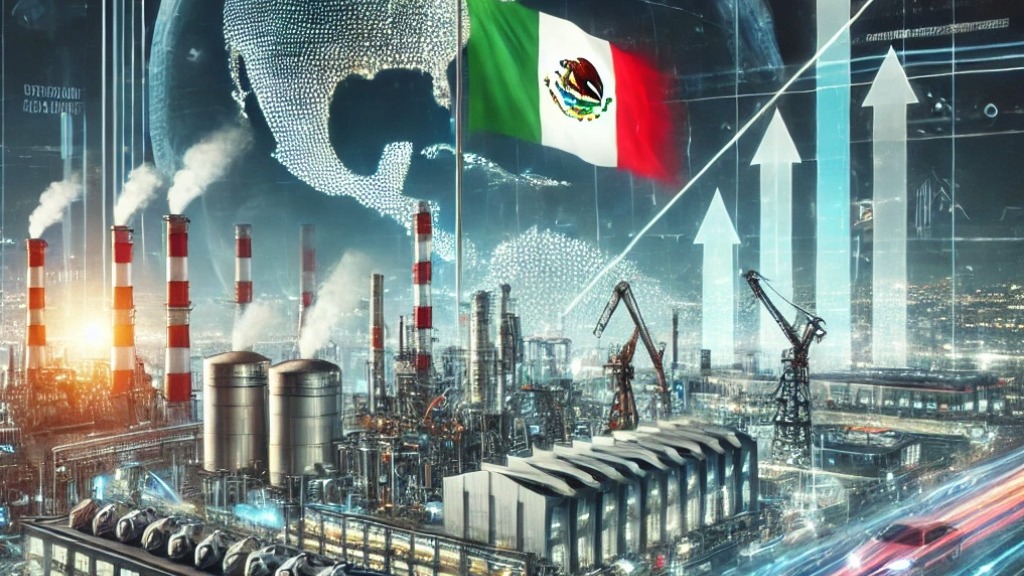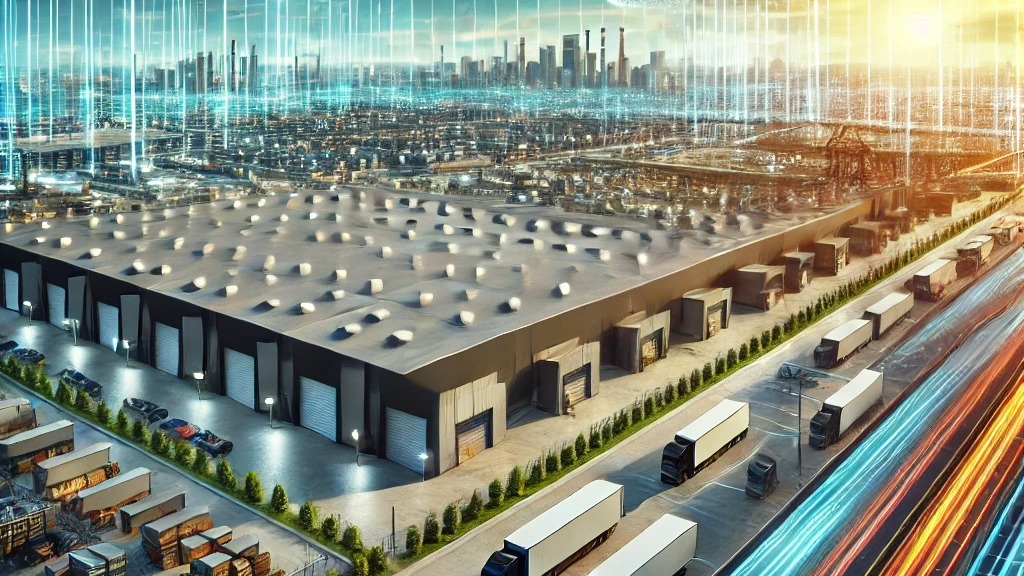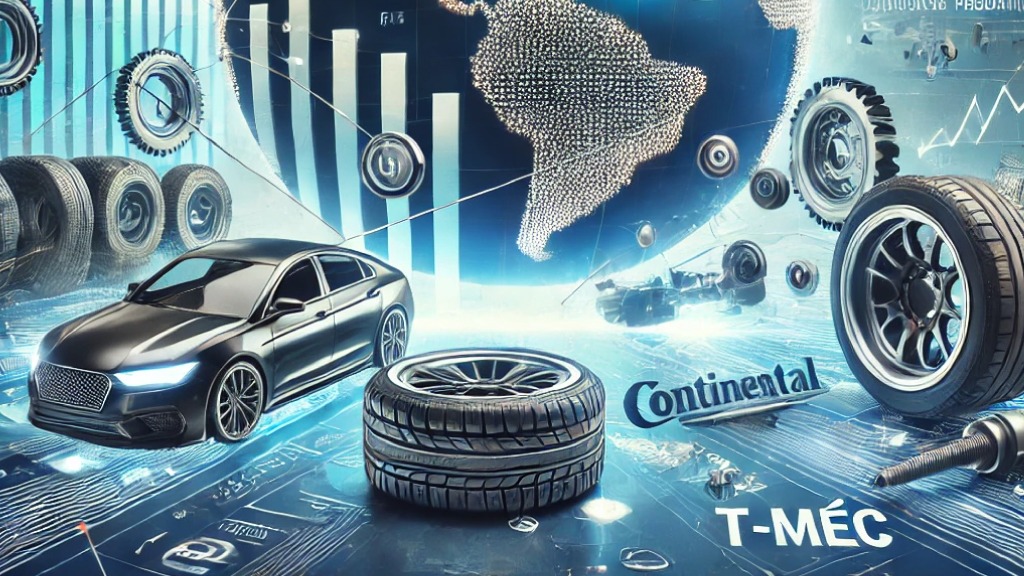Automotive industry drives record demand for industrial warehouses

The demand or occupancy of industrial buildings in Mexico amounted to 1.2 million square meters (m2) during the first half of 2024, representing an increase of 39% per year.
The recent boom in demand for industrial buildings in Mexico, particularly driven by the automotive industry, is having a significant impact on the country's economy.
At the close of the first half of 2024, the automotive industry has dominated the industrial space market, accounting for 38% of the total amount traded, highlighting Mexico's strength as an attractive destination for foreign direct investment.
This 39% annual growth in industrial space occupancy not only reinforces the country's capacity to attract new investment, but also underscores its strategic position within the framework of the Mexico-United States-Canada Agreement (T-MEC).
Among Mexico's main strengths is its privileged geographic location, which facilitates logistics and reduces delivery times to the North American markets, especially in a context where the nearshoring has become a core strategy for many global companies.
In addition, the existence of a broad network of industrial clusters, particularly in the north and the Bajío region, strengthens the country's capacity to serve as a hub for advanced manufacturing, especially in key sectors such as automotive, home appliances and electronics. However, this growth outlook also reveals certain weaknesses.
Despite strong demand, industrial infrastructure in some regions may not be ready to sustain such accelerated growth. The limited availability of industrial space in key markets such as Monterrey, where the availability rate is only 2.5%, could restrict the potential for future expansion if there is not adequate investment in new construction.
Also, Mexico's dependence on U.S. political and economic decisions adds a level of vulnerability to its market, especially with the uncertainty surrounding the upcoming presidential elections and the possible reimposition of tariffs on products manufactured in Mexico.
In terms of opportunities, the growing demand for electric vehicles and electromobility technologies represents a crucial window for Mexico to continue positioning itself as a leader in advanced manufacturing.
The state of Nuevo León, with its 69 automotive projects, 35 of which are focused on electromobility, is well positioned to become the center of automotive innovation in Latin America. Furthermore, the global trend towards diversification of supply chains could continue to benefit Mexico, as long as the country maintains attractive policies for investment and manages to improve its industrial infrastructure.
Nevertheless, the threats are palpable. The possible revision of the T-MEC in 2026 could introduce new regulations that would affect the operations of automotive companies and other key sectors. In addition, high interest rates and currency fluctuations could make investments more expensive and make long-term planning difficult for companies.
In addition, increasing competition from other countries that are also seeking to capitalize on the nearshoring could challenge Mexico's position in the global supply chain.
The expansion in demand for industrial warehouses in Mexico, led by the automotive industry, is transforming the country's industrial landscape. While there are clear strengths, such as geographic location and robust industrial clusters, it is also crucial that Mexico addresses its weaknesses, such as limited infrastructure and dependence on external factors, in order to maximize the opportunities presented by the nearshoring and mitigate geopolitical and economic threats.
This growth not only strengthens the Mexican economy, but also presents a challenge and an opportunity to consolidate its role in the global economy.
Collaboration: Editorial Auge.






